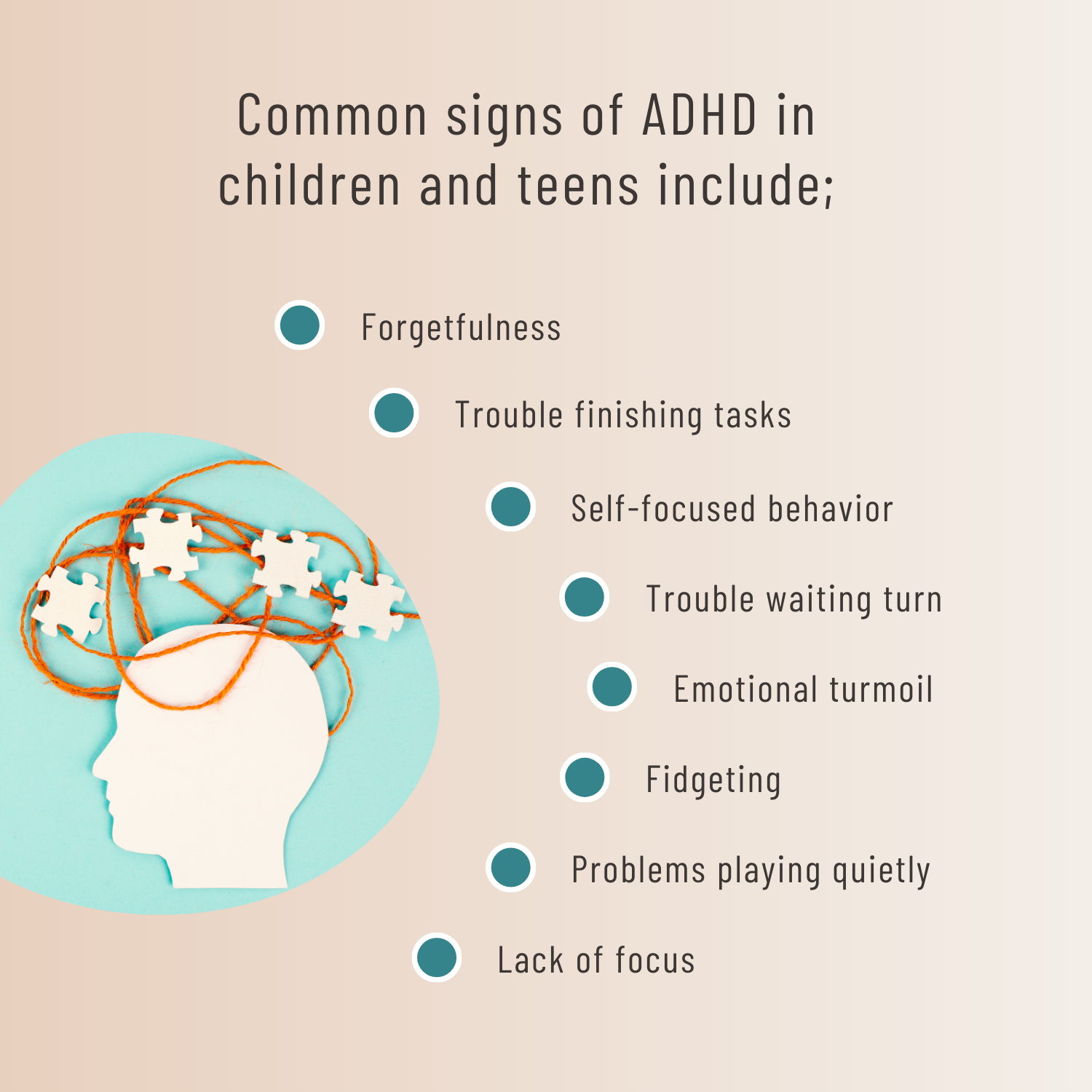ADHD Testing for Children & Teens
Is your little one a bundle of energy, always in motion, unable to stay still?
Does your child often struggle to remember tasks, misplacing homework and jotting down only parts of assignments?
Is your student prone to blurting out responses, going off on tangents, and frequently leaving his seat during class?
At ADHD Assessment Clinic, we understand.
Whether your child is facing challenges at home, school, with friends, or siblings, any of these symptoms and behaviors may indicate that your child is struggling with Attention-deficit / Hyperactivity Disorder, or ADHD.
Study data indicates that 11.3% of children ages 5-17 in the United States have been diagnosed with ADHD, while many more struggle undiagnosed.
ADHD is a disorder that affects the brain’s structure, function, and chemistry. While ADHD is not curable, it is very manageable if properly diagnosed and treated.
The good news? ADHD children with a diagnosis, treatment, and support can grow up to be thriving, loving, successful adults.
A thorough, professional assessment of symptoms a child or teen is experiencing is a critical first step in the process of determining if your child has ADHD.
With reliable, comprehensive results, parents and caregivers can work toward treatment pathways to best support a child or teen at home, in school and in life as they grow.
The pillars of our comprehensive ADHD assessment for children and teens consists of:
Testing and analysis by experienced, licensed Psychologists who specialize in ADHD testing, with years of training and education specifically in assessment for the condition.
One of the most advanced, complete assessments for ADHD available, including a clinical interview, multi-component testing and assessment for learning disability (often co-occurring with ADHD) in one package.
A confidential, actionable Neuropsychological Report with Feedback Session comprehensively detailing test results and providing next steps recommendations.
Optional Post-Assessment Treatment Consultation with Dr. Zoe Collins, Psy.D. for parents and caregivers interested in support from an ADHD expert in developing a treatment plan and finding support.
HIPPA-Compliant Telehealth options, record-keeping, and safeguarded communication that ensures your experience with the clinic, progress and results are 100% secure and completely confidential.
Our comprehensive ADHD assessment children and teens includes a Clinical Interview, complete ADHD Testing and the Neuropsychological Report and Recommendations with Feedback Session.
To share the thoroughness of our testing, we offer details of the objective portion of our assessment, ADHD testing, and the component tests included, below.
Comprehensive Test Components
Purpose in the assessment for ADHD
What the Test Measures
Tests to Determine ADHD
Social Emotional Functioning
We assess the combined influence that psychological factors and the surrounding social environment have on physical and emotional wellness, as well as the ability to function.
Executive Functioning
We identify executive functioning symptoms from the perspective of the parent that may not be identified in testing alone. Additionally, we assess their ability to adapt to changing tasks, inhibit impulsive responses, and maintain attention, all of which can impact social and academic functioning.
Attention and Concentration
We evaluate the ability to sustain attention, resist distractions, and maintain effort over time, as these are commonly impacted in individuals with ADHD.
Information Processing
We assess verbal comprehension, visual-spatial skills, fluid reasoning, working memory, and processing speed. This helps us understand how individuals with relatively high scores may mask their symptoms through compensatory abilities, while also shedding light on attentional deficits through measures like processing speed, visual-motor coordination, and executive functioning.
Phonological processing, Oral Reading Fluency, and Reading Comprehension Skills
We evaluate both immediate and delayed memory ability, along with the acquisition of new learning.
Memory
Identifies dyslexia by assessing recognition, manipulation, and understanding the sound structure of language, as well as basic language skills.
Writing Difficulties
Implemented to assess for a learning disability like dysgraphia, we evaluate difficulties with written expression.
Math Problem-solving, numerical operations, and math Fluency
We assess an individual’s ability to make sense of mathematical ideas, knowledge, and retrieval of mathematical facts, as well as their ability to recall basic facts.
We assess various aspects of personality, including mood, interpersonal functioning, and cognitive and emotional styles, along with severe comorbid conditions. This helps us prioritize treatment, particularly when individuals present with severe depression, suicidal ideation, substance abuse, or PTSD, ensuring that urgent issues are addressed before focusing on ADHD symptoms.
Personality
Tests to Determine Academic Functioning



